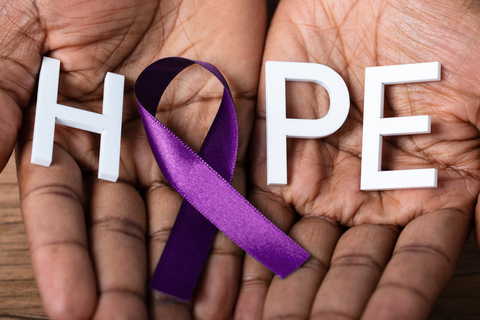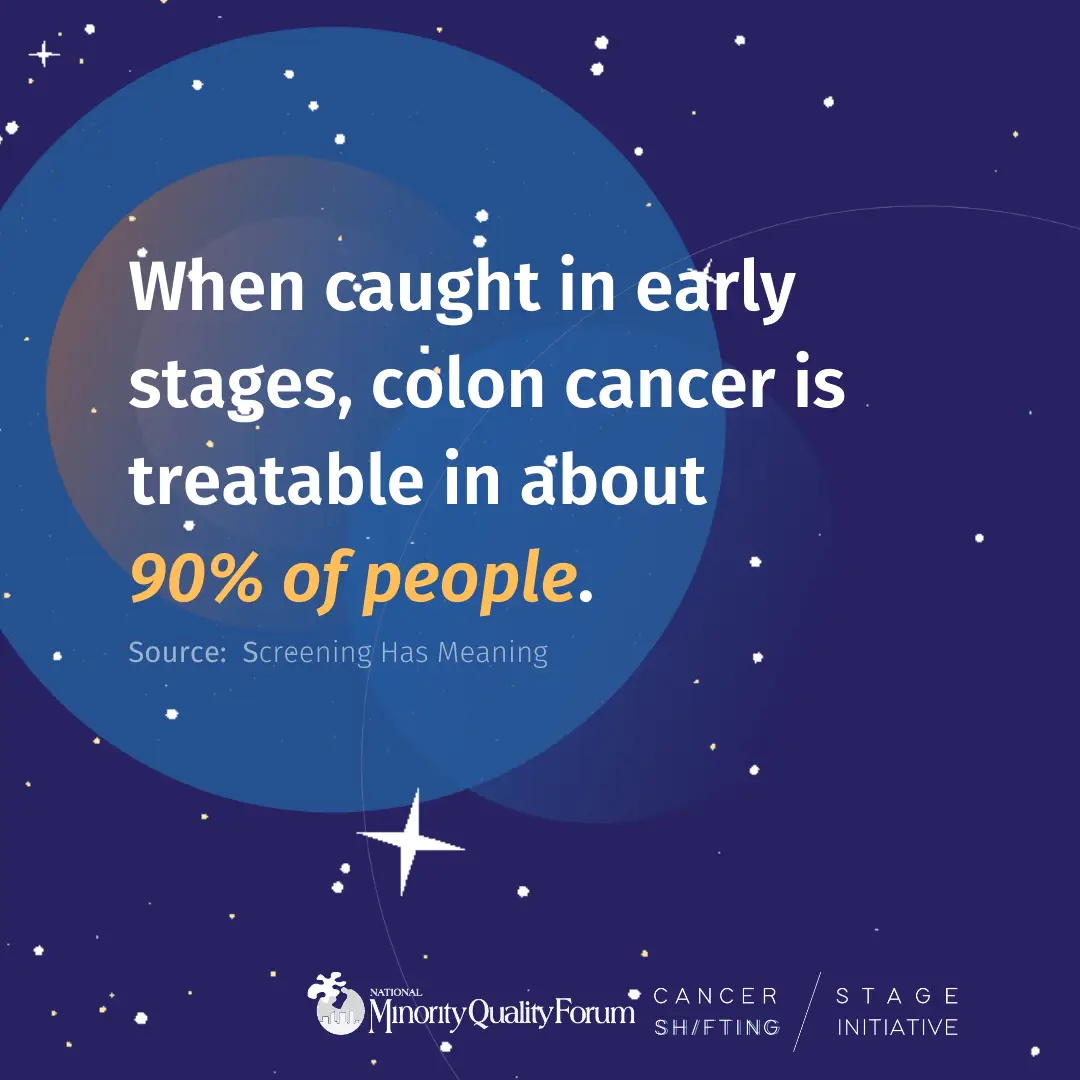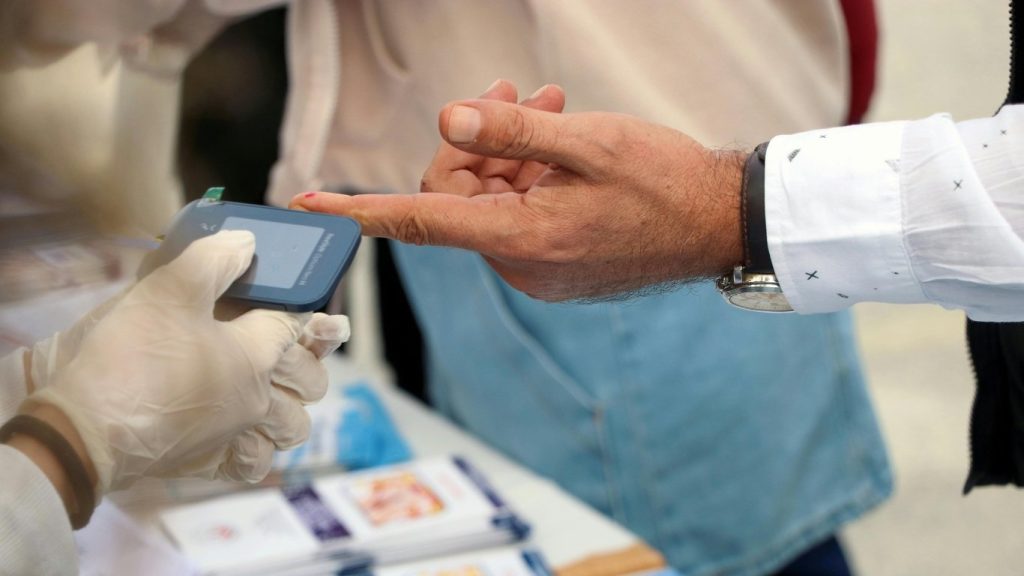Cancer
microRNA expression in serum exosomes from Caucasian and African American breast cancer patients
…throughput sequencing
Summary
There is drastic racial disparities between Caucasian (CA) and African American (AA) for breast cancer. Circul...
Trends and racial/ethnic differences in predictors of cervical cancer screening among US women aged 30-64 years
Background:
Cervical cancer screening (CCS) participation has decreased in the United States over the last several decades, contribu...
Governor Hochul Announces Efforts to Increase Breast Cancer Screenings and Improve Outcomes in Underserved Populations
Governor Hochul today announced ongoing efforts to boost cancer screenings and improve cancer outcomes in underserved populations statewide, as Bre...
How ethnicity affect breast cancer risk
No one is immune to breast cancer. Even men can be diagnosed with breast cancer, though the threat of the disease looms much larger for women. In f...
Development of a colorectal cancer screening intervention for Alaska Native people during a pandemic year
Objectives:
Alaska Native (AN) people experience twice the rate of colorectal cancer (CRC) as US Whites. There is a need for increas...
Caregiver costs and financial burden in caregivers of African American cancer survivors
Purpose:
People with cancer commonly rely on loved ones as informal caregivers during and after treatment. Costs related to caregivi...
Trending Topics
Features
- Drive Toolkit
Download and distribute powerful vaccination QI resources for your community.
- Health Champions
Sign up now to support health equity and sustainable health outcomes in your community.
- Cancer Early Detection
MCED tests use a simple blood draw to screen for many kinds of cancer at once.
- PR
FYHN is a bridge connecting health information providers to BIPOC communities in a trusted environment.
- Medicare
Discover an honest look at our Medicare system.
- Alliance for Representative Clinical Trials
ARC was launched to create a network of community clinicians to diversify and bring clinical trials to communities of color and other communities that have been underrepresented.
- Reducing Patient Risk
The single most important purpose of our healthcare system is to reduce patient risk for an acute event.



















